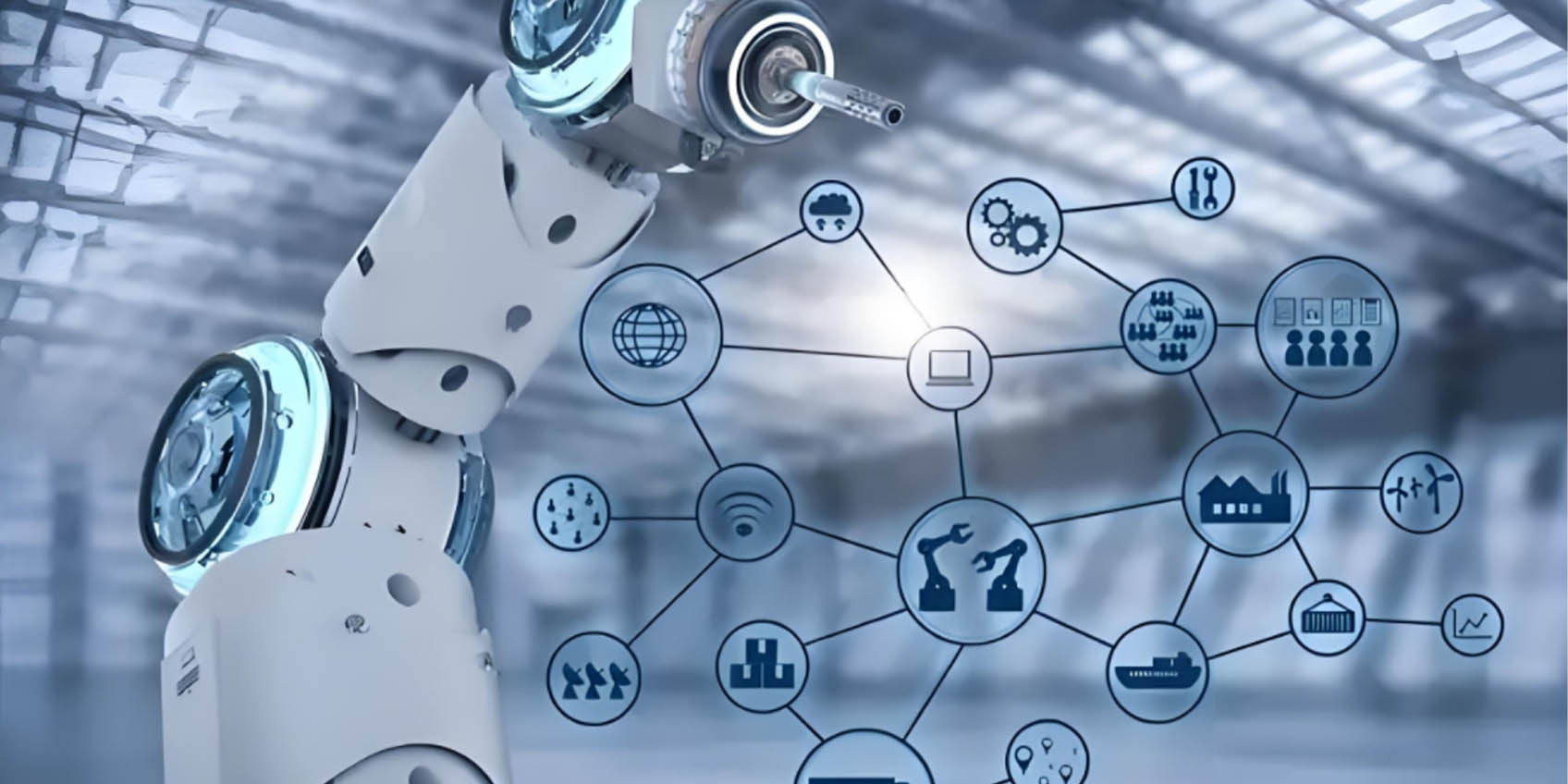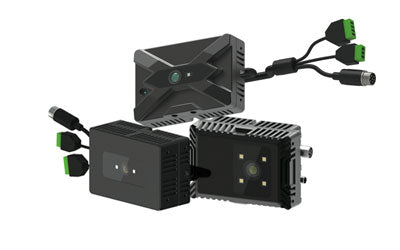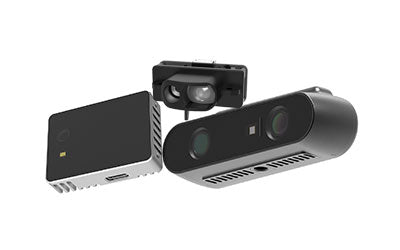Smart Automation Technology: Driving Industry Innovation & Efficiency

In recent years, the rapid advancements in artificial intelligence (AI), machine learning, big data analytics, and robotics have catapulted smart automation to the forefront of industry transformation. By enabling machines and systems to autonomously perform complex tasks and make real-time decisions, smart automation is optimizing operations, cutting costs, enhancing productivity, and improving service delivery across multiple sectors. Industries such as manufacturing, logistics, healthcare, and finance are witnessing profound changes, thanks to the transformative power of smart automation technologies.
What is Smart Automation?
Smart automation refers to the deep integration of AI, machine learning, robotics, and the Internet of Things (IoT) to enable devices and systems to autonomously operate and make decisions. Unlike traditional automation, which follows pre-programmed instructions, smart automation adapts to dynamic environments, adjusting operations based on real-time data and making complex decisions. This technology encompasses more than just physical task automation; it also includes intelligent data processing, predictive analytics, and advanced decision support. Smart automation systems use AI algorithms and predictive models to optimize production processes, anticipate equipment failures, and adjust workflows, resulting in more efficient and responsive operations.
Smart Manufacturing and Industrial Automation
Transforming Manufacturing: Maximizing Efficiency and Quality
Smart automation is revolutionizing traditional manufacturing processes. By integrating robotics, AI technologies, sensors, and smart production systems, industries are experiencing more flexible and efficient production methods. For instance, automated robots are capable of adjusting workflows dynamically based on real-time data, automating tasks such as assembly, inspection, and packaging. Smart sensors continuously monitor production environments, collecting and analyzing data on machine performance to detect potential issues, perform preventive maintenance, and ensure production continuity.
In sectors like automotive manufacturing, smart automation enables robots to identify defects using machine vision technologies, perform quality checks, and even repair components autonomously, significantly improving both product quality and production line efficiency.
Future Trends: Flexible and Adaptive Manufacturing
As smart automation continues to evolve, future production lines will prioritize flexibility and adaptability. Manufacturers will use AI-driven systems to make real-time adjustments to production schedules and workflows in response to market demand shifts. For example, predictive maintenance systems, powered by machine learning and big data, will be able to forecast equipment failures before they occur, reducing downtime and extending the lifespan of machines. Additionally, smart factories will enable mass customization, allowing for rapid production of tailored products that meet specific customer needs.
Smart manufacturing is also a cost-saving powerhouse. By automating operations, reducing human errors, and minimizing material waste, companies can lower overall production costs while improving quality. Furthermore, automated warehousing and logistics systems reduce inventory costs and improve inventory turnover, helping companies stay competitive in an increasingly demanding market.
Financial Perspective: Investment and Market Potential
The market potential for smart automation is immense, with capital investment flowing into AI, robotics, IoT, and big data technologies. As industries embrace intelligent production lines, the demand for innovative smart automation solutions will continue to rise. Investors are eyeing opportunities in companies that integrate these technologies into their operations, recognizing the substantial long-term growth potential.
The adoption of smart automation across industries is set to transform global manufacturing and other sectors, enhancing the competitiveness of businesses and fostering the development of more intelligent, customizable products.
Smart Automation in the Logistics Industry
Logistics is another sector where smart automation is driving significant change. From autonomous delivery vehicles to automated warehouse systems, smart logistics technologies are enhancing operational efficiency and reducing costs. For example, autonomous drones and delivery vehicles can autonomously plan optimal routes based on real-time traffic data, avoiding congestion and ensuring faster, more reliable deliveries. These systems use AI and machine learning algorithms to continuously learn from environmental variables, improving route planning over time.
In warehouse operations, smart automation improves inventory management by automating sorting, storage, and retrieval processes. Intelligent sorting systems can dynamically allocate tasks to robots based on real-time demand, reducing human error and optimizing workflow. Additionally, AI-powered inventory management systems predict future demand based on historical data and external trends, ensuring that stock levels are maintained appropriately, reducing both stockouts and overstocking.
Future Outlook: Smart Logistics and Automated Delivery
Looking ahead, smart automation will continue to redefine logistics with technologies like autonomous delivery drones, AI-powered routing systems, and IoT-enabled tracking devices. The widespread adoption of 5G networks will enhance these systems' capabilities, enabling more reliable real-time data exchange for route optimization and performance tracking. Autonomous vehicles and drones will become more sophisticated, navigating urban environments, optimizing energy use, and dramatically reducing delivery times.
In the future, smart logistics systems will offer highly flexible, demand-driven solutions. Automated delivery vehicles will adjust their routes dynamically based on weather conditions, customer preferences, and real-time traffic information, ensuring optimal service delivery. Furthermore, AI will enable predictive models that anticipate demand spikes, improving inventory management, and ensuring faster and more efficient deliveries.
Sustainability: Smart Logistics and Environmental Impact
The environmental benefits of smart logistics are significant. Electric autonomous delivery vehicles and drones powered by renewable energy sources are reducing the carbon footprint associated with traditional delivery methods. Moreover, AI-driven route optimization minimizes unnecessary vehicle miles, reducing fuel consumption, traffic congestion, and emissions. As logistics companies adopt sustainable practices, they contribute to global efforts to combat climate change while simultaneously lowering operational costs.
Smart Automation in Finance
In the financial industry, smart automation is enhancing decision-making, improving risk management, and increasing operational efficiency. Financial institutions are leveraging AI and big data to better understand customer needs, predict market trends, and identify investment opportunities. Machine learning algorithms allow financial companies to offer more personalized services, such as customized investment portfolios or tailored financial products.
Moreover, smart automation plays a critical role in fraud detection. AI models analyze transaction data in real-time to identify suspicious patterns and prevent fraudulent activities. In investment management, quantitative analysis and algorithmic trading assist investors by optimizing strategies and providing real-time insights.
Future Trends: A Fully Automated Financial Ecosystem
The future of smart automation in finance will be characterized by a fully automated ecosystem where AI and automation technologies are embedded across all facets of financial services. From automated customer service to AI-driven investment strategies, the financial sector will benefit from increased efficiency, accuracy, and cost-effectiveness. Institutions will rely on big data and AI models to offer personalized services, optimize costs, and enhance customer experience, driving future growth and innovation.
Smart Automation in Healthcare
In healthcare, smart automation is playing a transformative role in improving both efficiency and quality. Through the integration of robots, AI-powered diagnostic systems, and remote medical devices, healthcare providers are delivering more precise and timely services. Robotic surgery systems are becoming increasingly accurate, assisting doctors in performing complex surgeries with greater precision, while AI algorithms analyze medical imaging data to detect diseases at early stages, improving diagnostic accuracy and treatment outcomes.
Additionally, automated drug distribution systems are streamlining the management of medications, ensuring timely and accurate delivery while minimizing human errors. AI-powered predictive models are enabling healthcare providers to monitor patient conditions in real-time, allowing for more personalized care and timely interventions.
Future Trends: Smart Healthcare and Personalized Treatment
The future of smart healthcare will see a shift towards highly personalized treatments powered by AI and big data. Using patient-specific data, such as genetic information, lifestyle habits, and medical history, AI algorithms will tailor treatment plans to optimize outcomes. Furthermore, predictive healthcare systems will monitor patients' health continuously, identifying potential risks and enabling early intervention to prevent health issues.
Conclusion: The Future of Smart Automation
As AI, IoT, and big data continue to advance, smart automation will remain a driving force behind innovation across all industries. From manufacturing to logistics, finance, and healthcare, smart automation technologies will improve operational efficiency, boost productivity, and reduce costs. By enhancing decision-making, improving customer experience, and fostering sustainability, smart automation is poised to lead the next wave of industry transformation, offering vast opportunities for growth, efficiency, and innovation across the global economy.
Synexens Industrial Outdoor 4m TOF Sensor Depth 3D Camera Rangefinder_CS40p
After-sales Support:
Our professional technical team specializing in 3D camera ranging is ready to assist you at any time. Whether you encounter any issues with your TOF camera after purchase or need clarification on TOF technology, feel free to contact us anytime. We are committed to providing high-quality technical after-sales service and user experience, ensuring your peace of mind in both shopping and using our products.
-
Publicado en
CS40P






